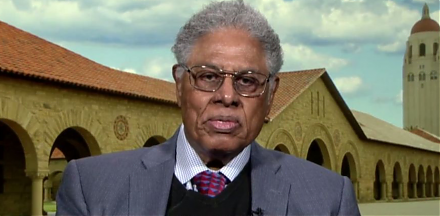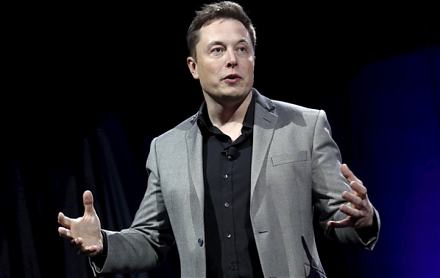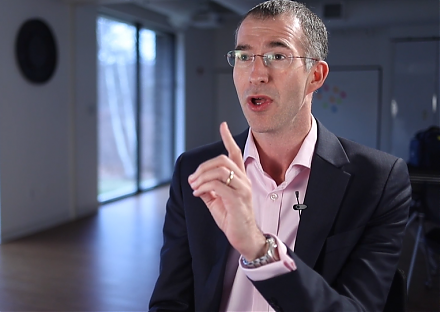

2018-04-26 07:37:00 Thu ET
federal reserve monetary policy treasury dollar employment inflation interest rate exchange rate macrofinance recession systemic risk economic growth central bank fomc greenback forward guidance euro capital global financial cycle credit cycle yield curve
Credit supply growth drives business cycle fluctuations and often sows the seeds of their own subsequent destruction. The global financial crisis from 2008 to 2009 suggests that we can predict a key slowdown in real economic activity by tracking incremental household debt accumulation. In both America and 30 other countries, changes in household debt-to-GDP ratios from 2002 to 2007 significantly correlate with increases in unemployment from 2007 to 2010.
From this empirical perspective, credit supply expansions, rather than permanent income or technology shocks, serve as a major driver of real business cycles over time. Most macro models attribute macroeconomic fluctuations to real factors such as exogenous productivity shocks. In contrast, financial intermediaries can play an important role in aggregate credit supply growth, household leverage, employment, and asset valuation. Credit supply expansions affect the real economy by boosting household demand, rather than the productive capacity of firms.
In fact, credit booms tend to precede higher inflation and employment in retail and construction (but not in the tradable or export-driven business sector). The key real economy slowly adjusts to the precipitous decrease in consumer expenditures due to high household leverage when credit supply slows down in major financial crises.
Even when short-term interest rates decline to zero, savers cannot spend enough to make up for the shortfall in aggregate demand. Also, employment cannot readily gravitate from the non-tradable sector to the tradable sector. Key nominal rigidities, sluggish price adjustments, and other legacy distortions render post-credit-boom recessions more severe. What triggers credit supply growth involves a major influx of capital in the financial system.
In this light, both monetary and fiscal stimulus can have a major impact on the real economy via credit supply growth, household debt, stock and bond prices, and real business cycles. Overall, financial stability serves as a core precondition for better bond and stock valuation.
If any of our AYA Analytica financial health memos (FHM), blog posts, ebooks, newsletters, and notifications etc, or any other form of online content curation, involves potential copyright concerns, please feel free to contact us at service@ayafintech.network so that we can remove relevant content in response to any such request within a reasonable time frame.
2020-04-17 07:23:00 Friday ET

Clayton Christensen defines and delves into the core dilemma of corporate innovation with sustainable and disruptive advances. Clayton Christensen (2000)
2019-10-01 11:33:00 Tuesday ET

The Trump administration postpones increasing 25% to 30% tariffs on $250 billion Chinese imports after China extends an olive branch to de-escalate Sino-Ame
2023-11-14 08:24:00 Tuesday ET

Thomas Sowell argues that some economic reforms inadvertently exacerbate economic disparities. Thomas Sowell (2019) Discrimination and econo
2018-09-29 12:39:00 Saturday ET

The Securities and Exchange Commission (S.E.C.) sues Elon Musk for his August 2018 tweet that he has secured external finance to convert Tesla into a privat
2018-03-05 07:34:00 Monday ET

Peter Thiel shares his money views of President Trump, Facebook, Bitcoin, global finance, and trade etc. As an early technology adopter, Thiel invests in Fa
2020-06-10 10:35:00 Wednesday ET

Most lean enterprises should facilitate the dual transformation of both core assets with fresh cash flows and new growth options. Scott Anthony, Clark Gi